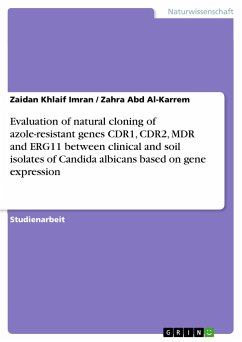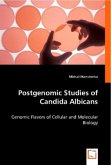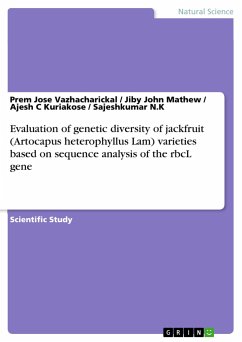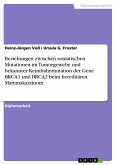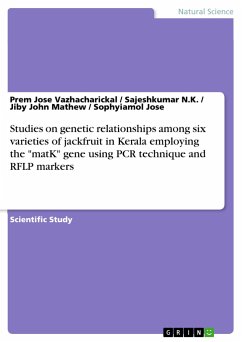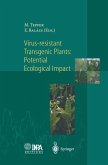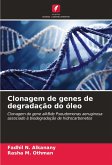Studienarbeit aus dem Jahr 2016 im Fachbereich Biologie - Genetik / Gentechnologie, University of Babylon (All women Science College), Sprache: Deutsch, Abstract: Candidiasis treatment increasingly fails in patients receiving prolonged azoles therapy, and these treatment failures have been demonstrated to be due to the emergence of azole-resistant C. albicans strains. The spread of azole-resistance among C. albicans strains requires to investigate the transition of azole-resistant genes betweenclinical isolates and soil of C. albicans from different sources. 88 clinical isolates of C.albicans were collected from patients hospitalized in Margan hospital, and 60 isolates were collected from the garden soils of the hospital. The aim of this study was detection of azole-resistant genes via revers transcription mRNA of 20 isolates of C.albicans. cDNA was amplified to determine the expression of CDR1, CDR2, MDR1, ERG11 and normalized with houskeeping gene ACT1 expression, and performedantifungals sensitivity test for Fluconazole, Miconazole, Caspofungin and evaluated the MIC via E-test of Fluconazole and Caspofungin. The result showed that most isolates of C.albicans from both sources are susceptible to Fluconazole, Miconazole, Caspofungin. The MIC of Fluconazole and Caspofungin was<0.02,2 respectively.The results of this study emphasis the presence of four azole-resistant genes CDR1, CDR2, MDR1, ERG11 and ACT1 in most clinical and soil isolates, and showed PCR products: 286, 364, 201, 204 and 209bp respectively, most isolates Susceptible to Caspofungin, Miconozole and fluconazole respectively. Our conclusion indicated natural cloning possibilities among the resistance genes among C. albicans population.
Hinweis: Dieser Artikel kann nur an eine deutsche Lieferadresse ausgeliefert werden.
Hinweis: Dieser Artikel kann nur an eine deutsche Lieferadresse ausgeliefert werden.

